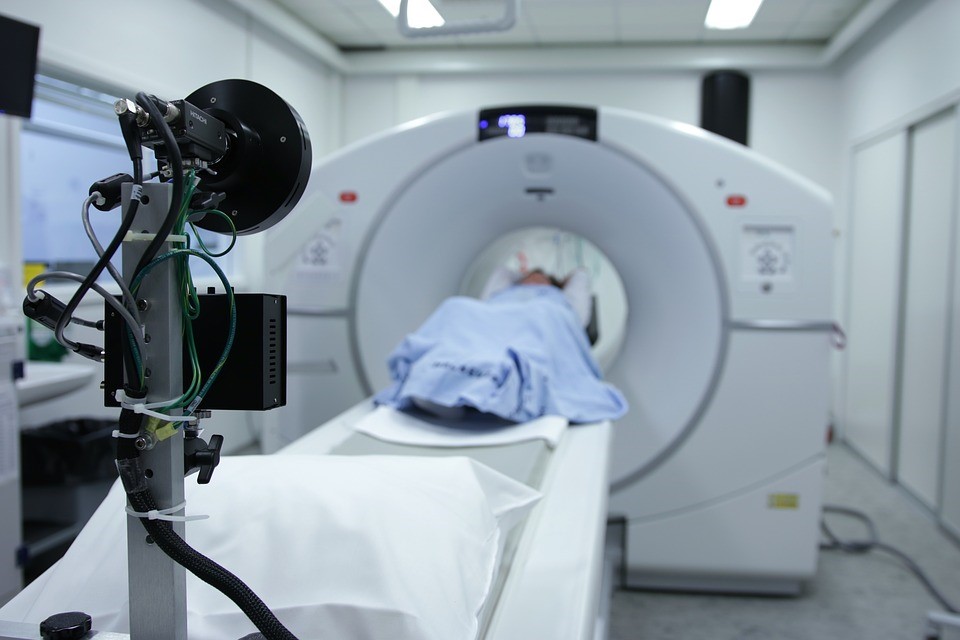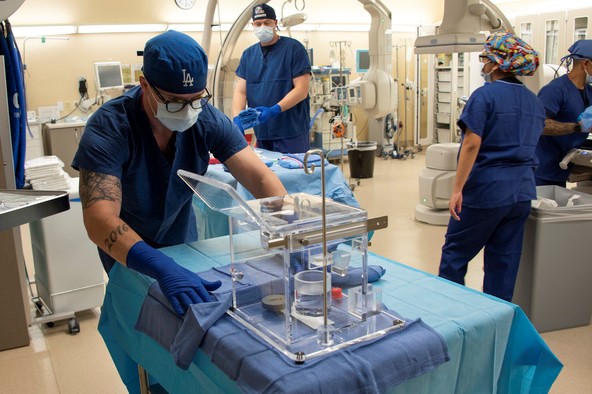
While the government has released a number of no-deal notices relating to the medical sector and what would happen in the event of a no-deal Brexit on 29th March, these notices are nowhere near as comprehensive as many in the industry had hoped for.
In fact, not all areas covered by the sector have been included in the notices and the government has told the industry watchdog, the Medicines and Healthcare Products Regulatory Agency that some information will not be available until much closer to – if not on the day of – Brexit itself. This has led to a number of questions in Parliament and the Health Secretary, Matt Hancock having to reassure MPs that, in the event of a no-deal Brexit, medicine will be prioritised over food.
Industry concerns
This has caused concerns amongst industry experts, who have said that this could lead to delays in medical trials and the registering of new, potentially life-saving, medications: guidance on the IT systems needed to do this won’t be released until just before Brexit and, even then, there’s no guarantee the government can deliver these systems in time.
These are concerns the sector has tried to address by being as proactive as possible, planning for numerous potential scenarios (including worse case) in the event of a no-deal Brexit.
This includes maintaining stocks of medications wherever possible, using medical refrigeration equipment such as that provided by https://www.fridgefreezerdirect.co.uk/medical-refrigeration to ensure medicines are stored safely and patients’ lives aren’t at risk.
Industry action
However, not every eventuality can be addressed given the lack of available information. As a result, there have been news reports of medicines being stockpiled, leading to increased prices for both prescription and over the counter drugs.
Because of the uncertainties, the sector is asking the government to consider the implications to the medical sector and to not pursue a no-deal Brexit. This includes some of the largest pharmaceutical companies in the world seeking clarification on legislation to allow them to continue to operate in the UK; there are significant risks to them if they continue to operate without clear legislative guidance on what is and is not allowed and it is not clear how many, if any, are willing to take this risk.






